Perplexity AI has made a name for itself in AI search engines with its real-time web searches and citation-based answers. Today, it has about 22 million active users. Despite being an advanced AI for real-time web search, many users are looking for Perplexity alternatives.
Basically, Perplexity's usability scope is limited. It isn't built specially for academic research or doing deep analysis of PDFs. Plus, it offers limited structured outputs. That's why it becomes crucial to look for the best alternative to Perplexity AI for certain tasks. For example, UPDF AI Online is a top choice for research-focused and document-focused tasks.
In this guide, we will list the top four Perplexity AI alternatives and highlight their distinguishing functions and pros/cons. So, let's jump right to it!
Part 1. Top 4 Perplexity Alternatives
There are many Perplexity alternatives you can try, but it would take a lot of time. So, we have performed the digging for you and shortlisted the following best alternatives to Perplexity AI:
1. UPDF AI Online
UPDF AI Online is an AI assistant for PDFs and an AI search engine for learning and research. It's designed not just for quick answers but also for deep document understanding, literature searches, and long‑term research workflows. Interested users can give it a try by clicking the button below or read on to learn more.
Why UPDF AI Online is one of the best Perplexity AI alternatives is because it offers key functions that Perplexity does not, or handles them less effectively. These include:
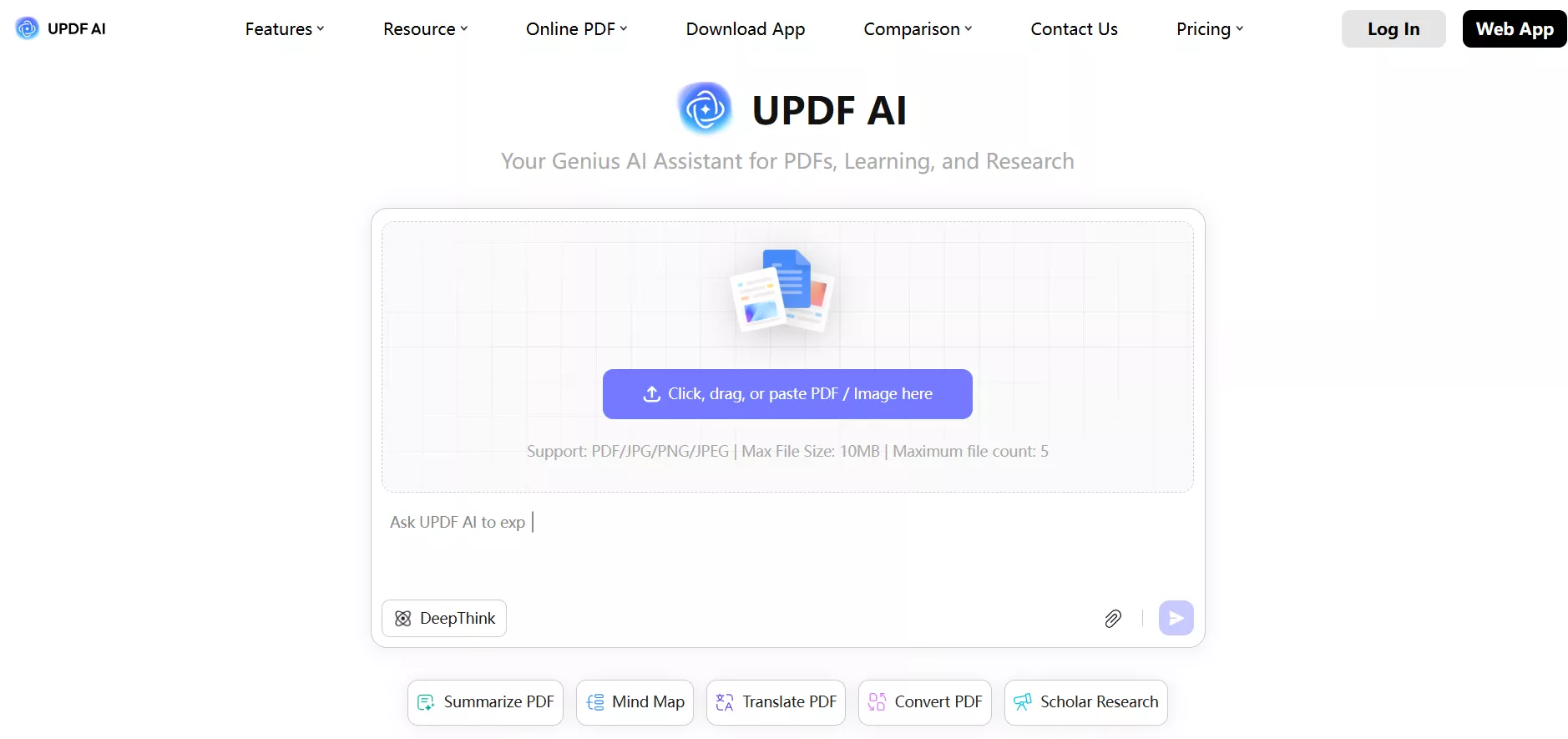
- Paper Search: An intelligent paper search engine to find the most relevant scholarly papers using keywords, paper title, DOI, or PMID. It presents the papers with brief insights for quick review. You can also use filters to shortlist more relevant papers.
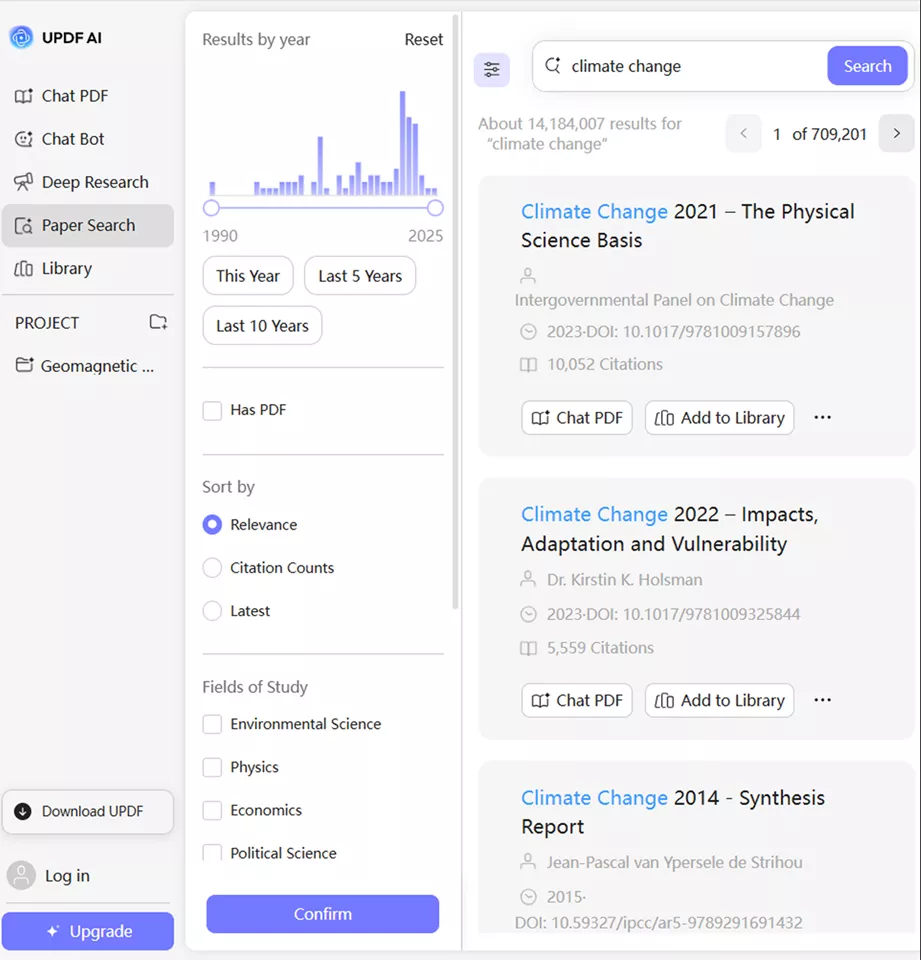
- Document Chat/PDF Understanding: Upload PDFs (or multiple documents) and ask questions, get summaries, translations, or explanations. You even get side-by-side translation of documents.
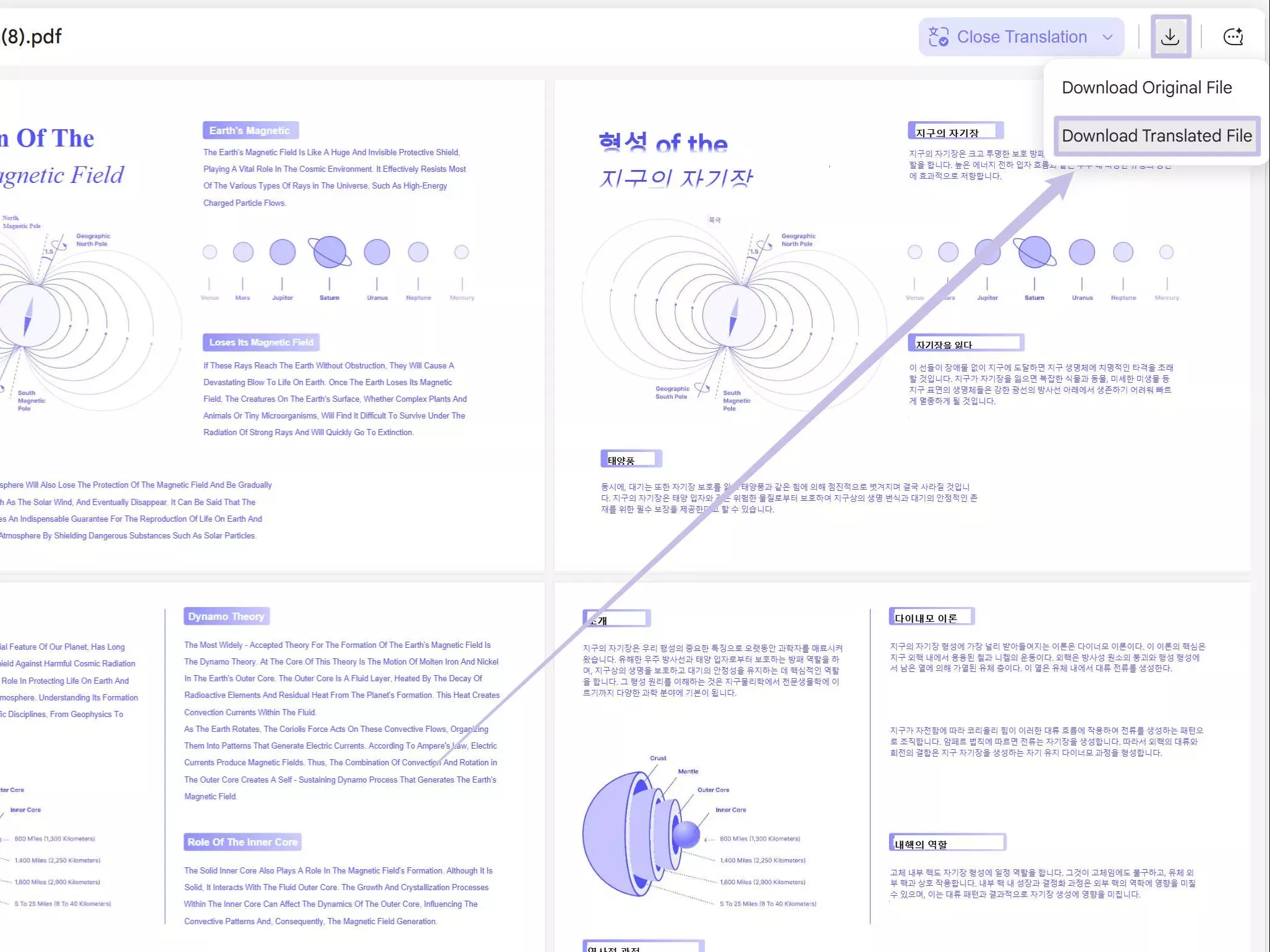
- Scholar Search / Deep Research: A deep research feature for academics that automatically searches, gathers, downloads, and synthesizes papers into a structured literature review.
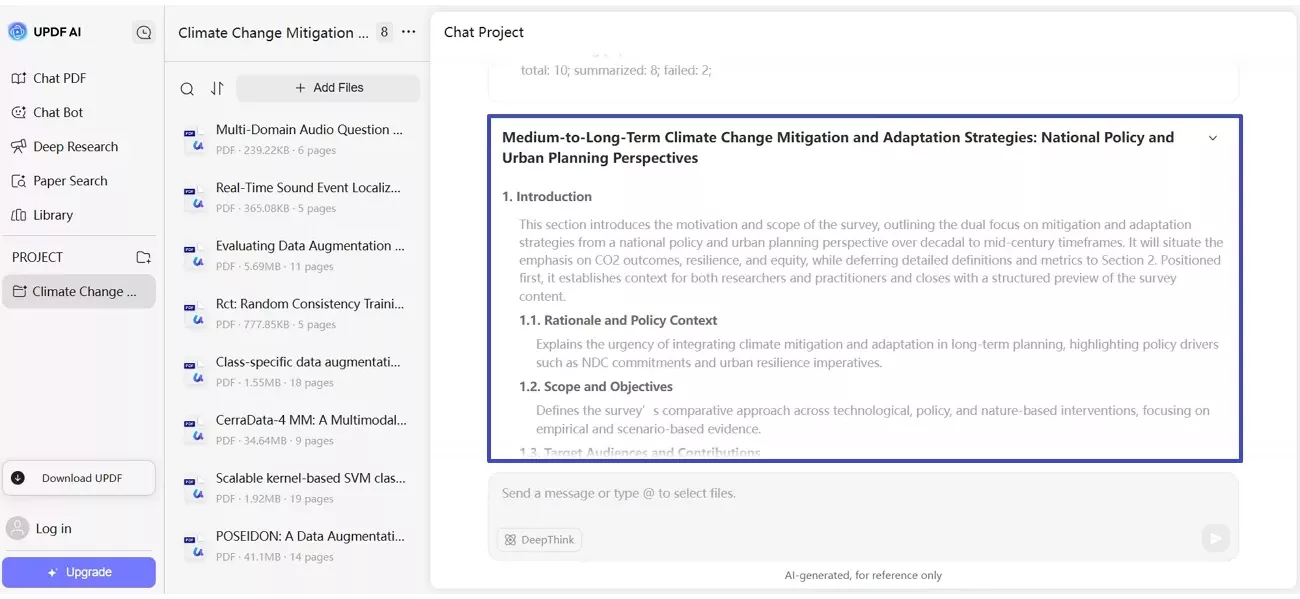
- Structured Outputs: Generate organized literature reviews, mind maps, summaries, and other required outputs.
- Research Library: A secure cloud storage to save, manage, and share documents, research papers, and other work files.
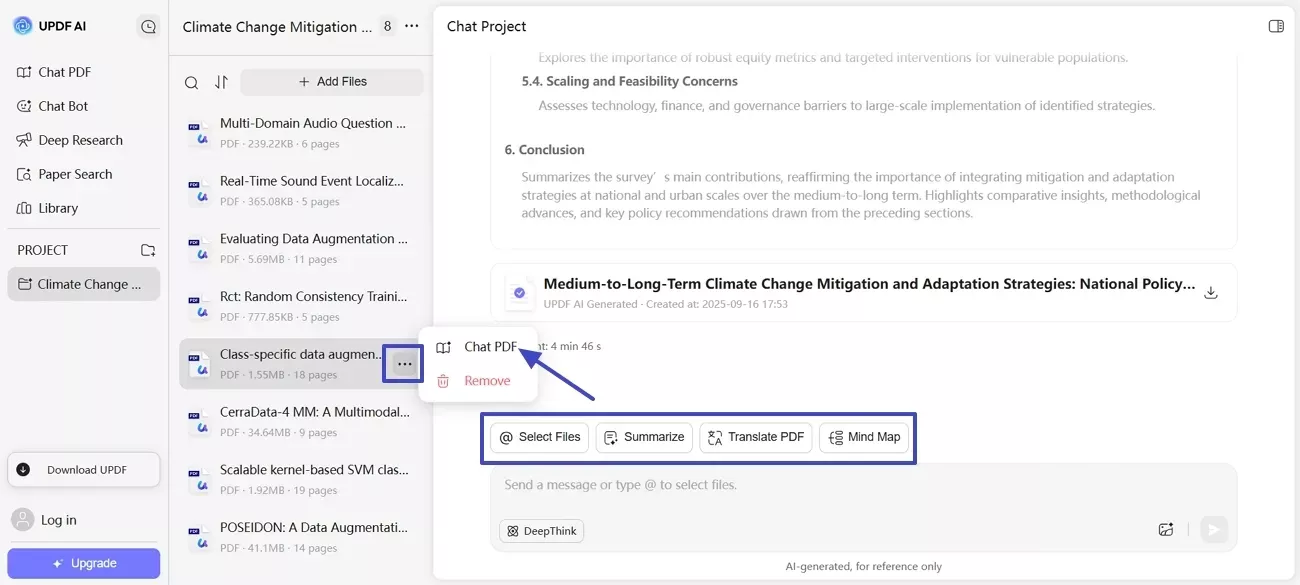
Simply put, UPDF AI Online is the best AI tool to conduct academic research, analyze documents, get detailed outputs, and save dozens of hours.
Feel impressed? Try our UPDF AI Online for free and taste its advanced AI search and assistant features yourself.
Pros:
- Handles complex academic and research workflows
- Supports large documents without slowing down
- Produces clean and structured outputs
- Cloud library makes organizing and revisiting research easier
- Saves significant time compared to manual research work
Cons:
- Less effective for casual web searches
2. Elicit
Elicit is an AI search engine for researchers. It helps them perform research with 10x more evidence-based. It can search over 138 million academic papers and 545,000 clinical trials against your provided keywords.
Elicit can also generate high-quality research reports based on your selected papers. Moreover, you can store and organize sources in its built-in library.
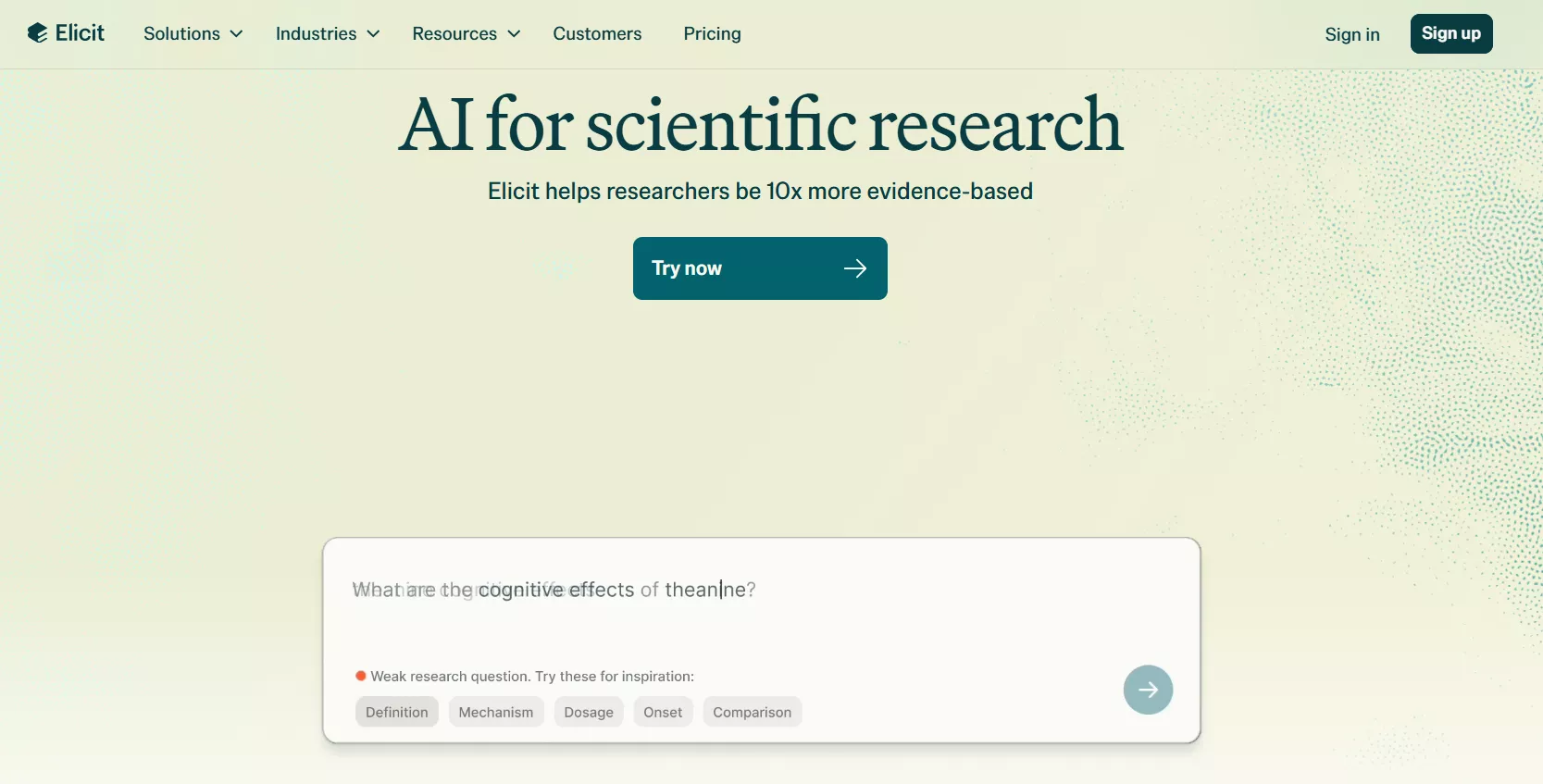
Pros:
- Powerful academic search engine
- Customized research report generation
- Built-in library to organize the sources
- User-friendly interface
Cons:
- Pulls data mostly from academic databases
- Not useful for visual outputs like a mind map
- Lacks features for advanced PDF analysis
3. You.com
You.com is another best alternative to Perplexity AI that combines web search and conversational AI under its chat feature. It lets you search research papers, brainstorm ideas, translate text, summarize articles, write code, and much more. It can also generate visuals.
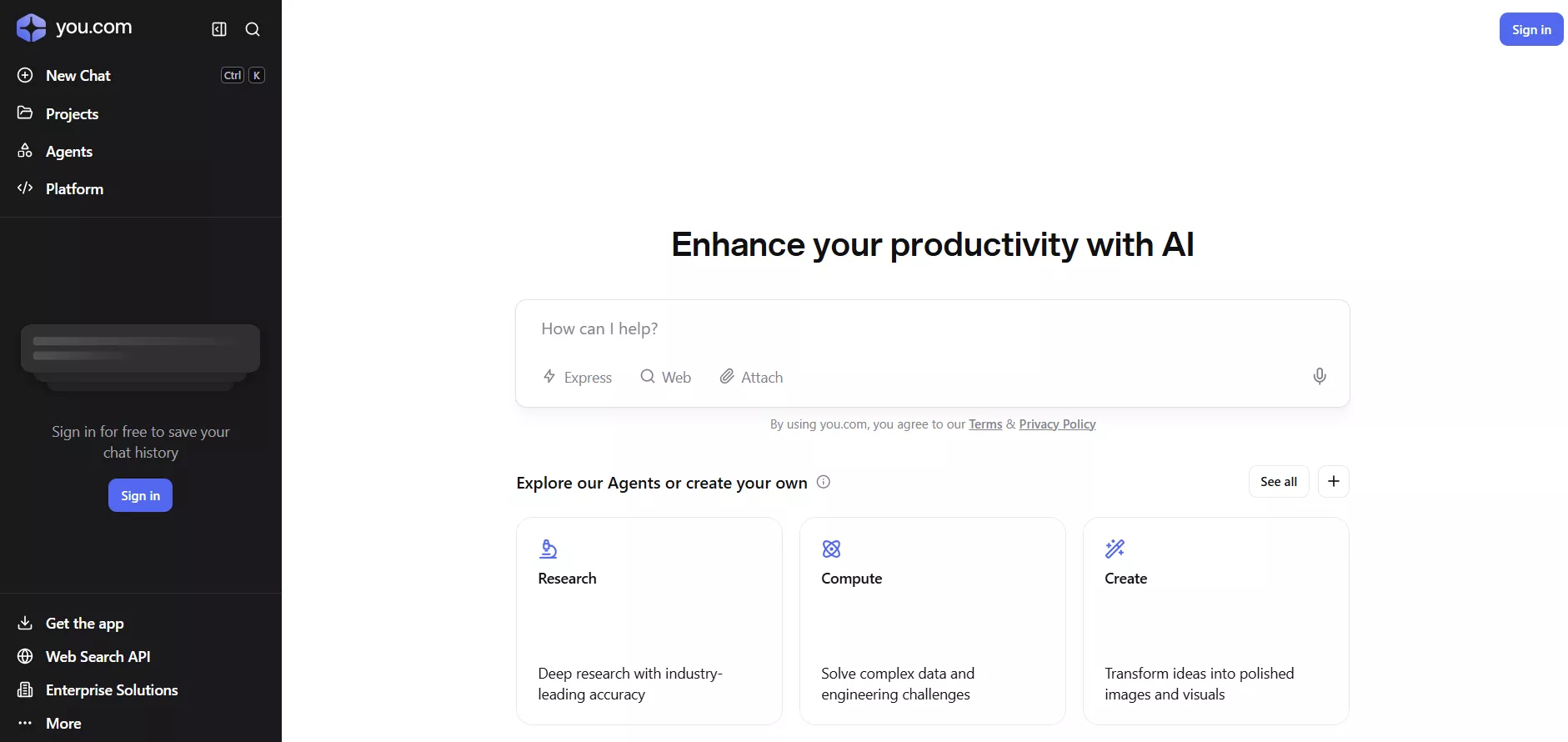
Pros:
- AI tool for general search, creativity, and research
- Multimodel outputs, including text, code, and visuals
- Real-time web search
- User-friendly chat interface
Cons:
- Not specialized for academic-level research
- Lacks advanced PDF/document analysis features
- Can produce generalized outputs for complex topics
4. Microsoft Copilot
Microsoft Copilot (formerly Bing Copilot) is Microsoft's AI assistant built into Windows, Edge, and Bing. It offers real-time web search, brainstorming ideas, generating visuals, assisting in deeper research, writing drafts, and more. It can also process images and files for quick analysis.
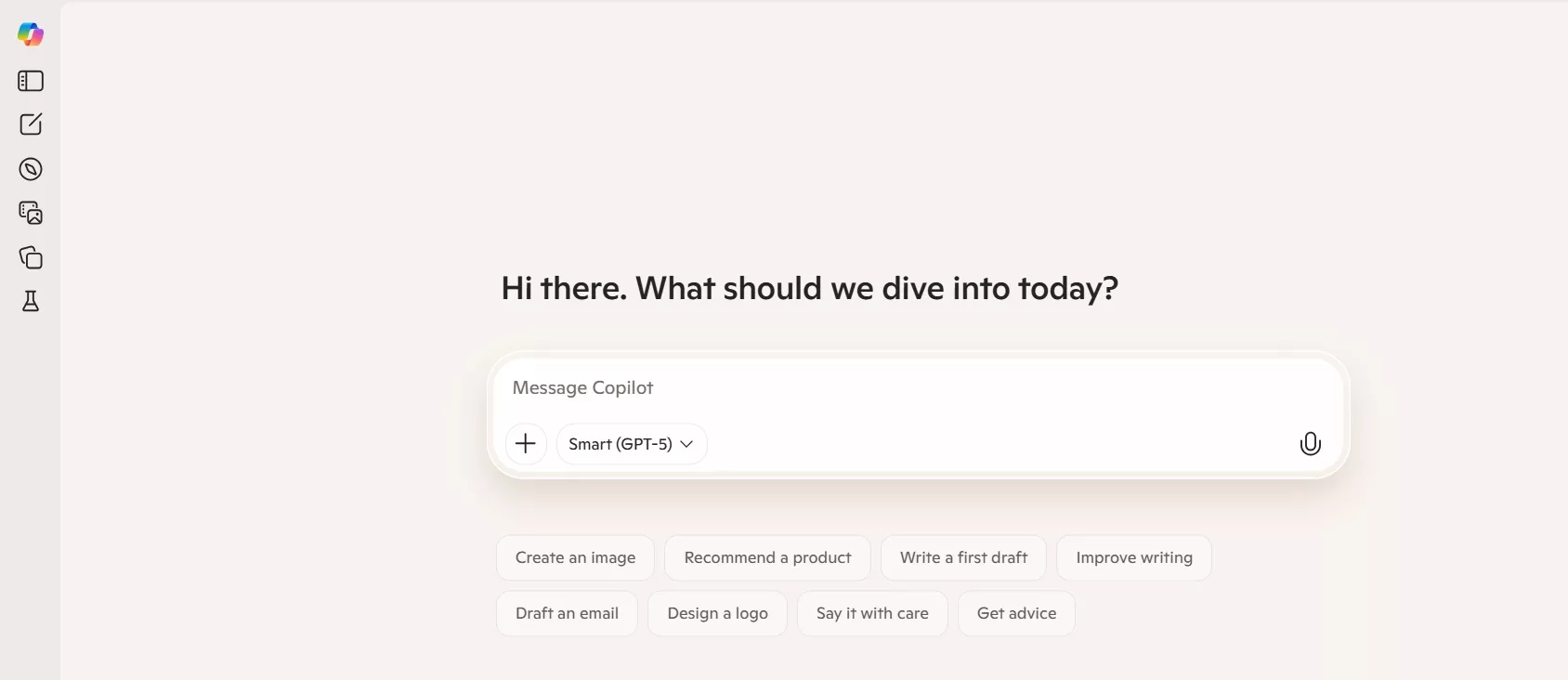
Pros:
- Reliable real-time web search with cited sources
- Good for everyday tasks, such as drafting, summarizing, and quick queries
- Easy to use directly from the desktop or browser
Cons:
- Limited research depth compared to academic-focused tools
- Structured outputs are basic and lack academic formatting
- Less suitable for advanced research workflows or complex document understanding
Also Read: Perplexity VS ChatGPT >>
Part 2. FAQs About Perplexity Alternative
Q1. Which is better than Perplexity?
There are many alternatives to Perplexity AI you can consider, depending on your specific needs. For example, you can use UPDF AI Online if you want an AI search engine explicitly designed for doing academic research. Similarly, you can use Microsoft Copilot for real-time web search to address general queries, creative tasks, productivity needs, and quick information lookups.
Q2. What is better, Perplexity or Claude?
Choosing between Perplexity and Claude depends on your needs. If you want real-time web search and cited answers from multiple sources, use Perplexity. Alternatively, Claude is better when you need deeper reasoning, creative outputs, or complete multi-step tasks.
Q3. Is Perplexity different from Anthropic?
Yes, Perplexity and Anthropic are different companies with different focuses. Perplexity is a search engine/service platform. Anthropic is the company that builds AI models such as Claude. These models power some of Perplexity's functionality, but Perplexity and Anthropic are separate entities.
Conclusion
When Perplexity AI fails to meet your search requirements, its alternative platforms come to the rescue. Above, we have looked into the four best Perplexity alternatives, each fulfilling unique needs that Perplexity either doesn't offer or doesn't perform strongly in.
Among all, I personally recommend using UPDF AI Online, as its exceptional document analysis capabilities and deeper academic searches make it the most reliable choice for researchers and professionals. So, head to the UPDF AI Online webpage and try it out today for free.
 UPDF
UPDF
 UPDF for Windows
UPDF for Windows UPDF for Mac
UPDF for Mac UPDF for iPhone/iPad
UPDF for iPhone/iPad UPDF for Android
UPDF for Android UPDF AI Online
UPDF AI Online UPDF Sign
UPDF Sign Edit PDF
Edit PDF Annotate PDF
Annotate PDF Create PDF
Create PDF PDF Form
PDF Form Edit links
Edit links Convert PDF
Convert PDF OCR
OCR PDF to Word
PDF to Word PDF to Image
PDF to Image PDF to Excel
PDF to Excel Organize PDF
Organize PDF Merge PDF
Merge PDF Split PDF
Split PDF Crop PDF
Crop PDF Rotate PDF
Rotate PDF Protect PDF
Protect PDF Sign PDF
Sign PDF Redact PDF
Redact PDF Sanitize PDF
Sanitize PDF Remove Security
Remove Security Read PDF
Read PDF UPDF Cloud
UPDF Cloud Compress PDF
Compress PDF Print PDF
Print PDF Batch Process
Batch Process About UPDF AI
About UPDF AI UPDF AI Solutions
UPDF AI Solutions AI User Guide
AI User Guide FAQ about UPDF AI
FAQ about UPDF AI Summarize PDF
Summarize PDF Translate PDF
Translate PDF Chat with PDF
Chat with PDF Chat with AI
Chat with AI Chat with image
Chat with image PDF to Mind Map
PDF to Mind Map Explain PDF
Explain PDF Scholar Research
Scholar Research Paper Search
Paper Search AI Proofreader
AI Proofreader AI Writer
AI Writer AI Homework Helper
AI Homework Helper AI Quiz Generator
AI Quiz Generator AI Math Solver
AI Math Solver PDF to Word
PDF to Word PDF to Excel
PDF to Excel PDF to PowerPoint
PDF to PowerPoint User Guide
User Guide UPDF Tricks
UPDF Tricks FAQs
FAQs UPDF Reviews
UPDF Reviews Download Center
Download Center Blog
Blog Newsroom
Newsroom Tech Spec
Tech Spec Updates
Updates UPDF vs. Adobe Acrobat
UPDF vs. Adobe Acrobat UPDF vs. Foxit
UPDF vs. Foxit UPDF vs. PDF Expert
UPDF vs. PDF Expert



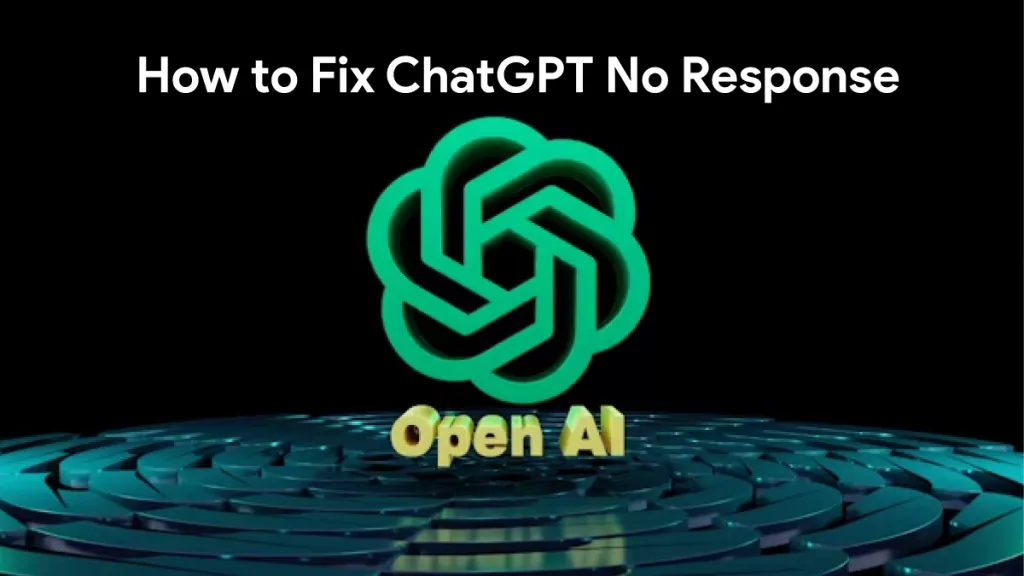
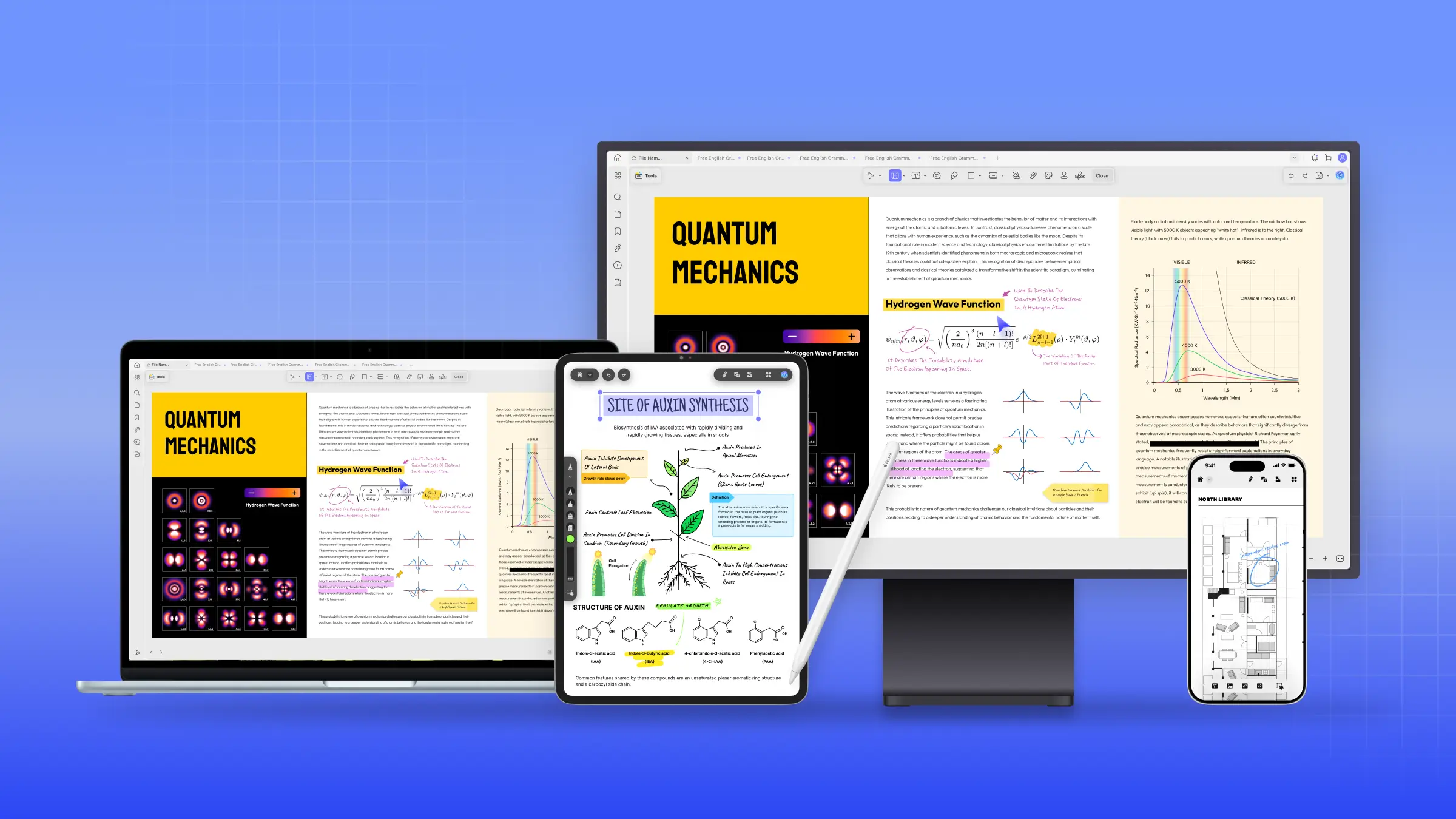

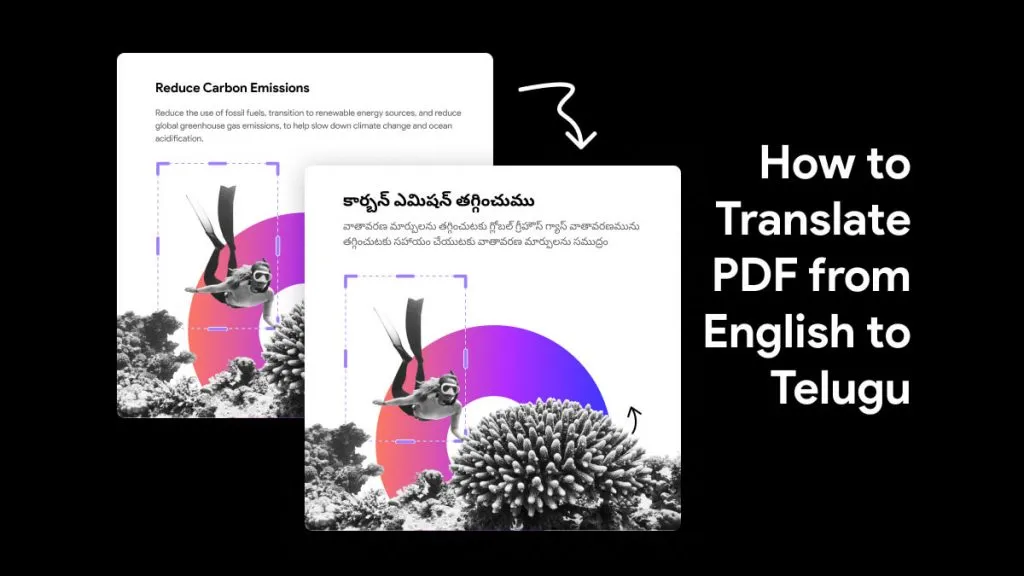
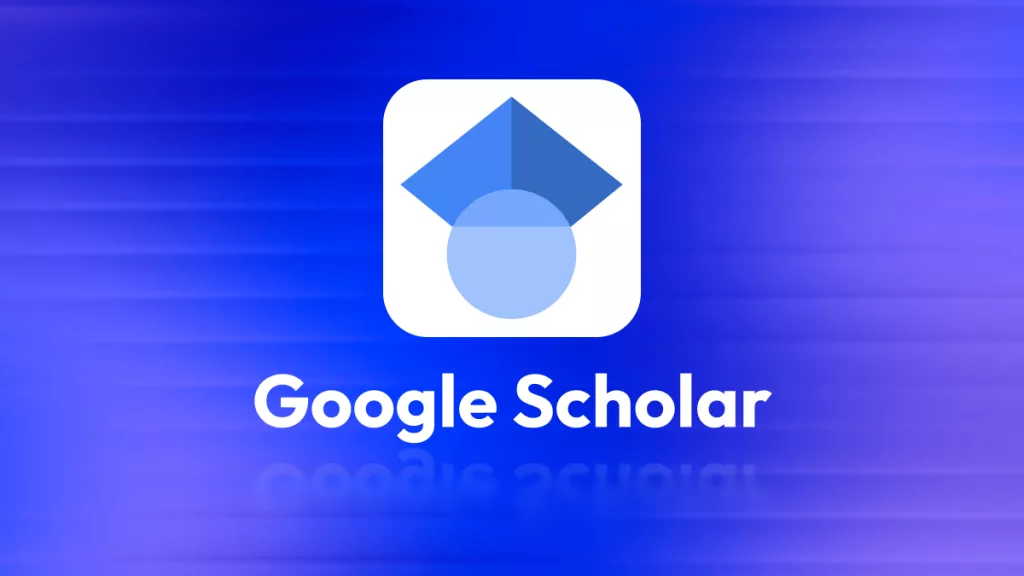



 Enrica Taylor
Enrica Taylor 
 Enola Davis
Enola Davis 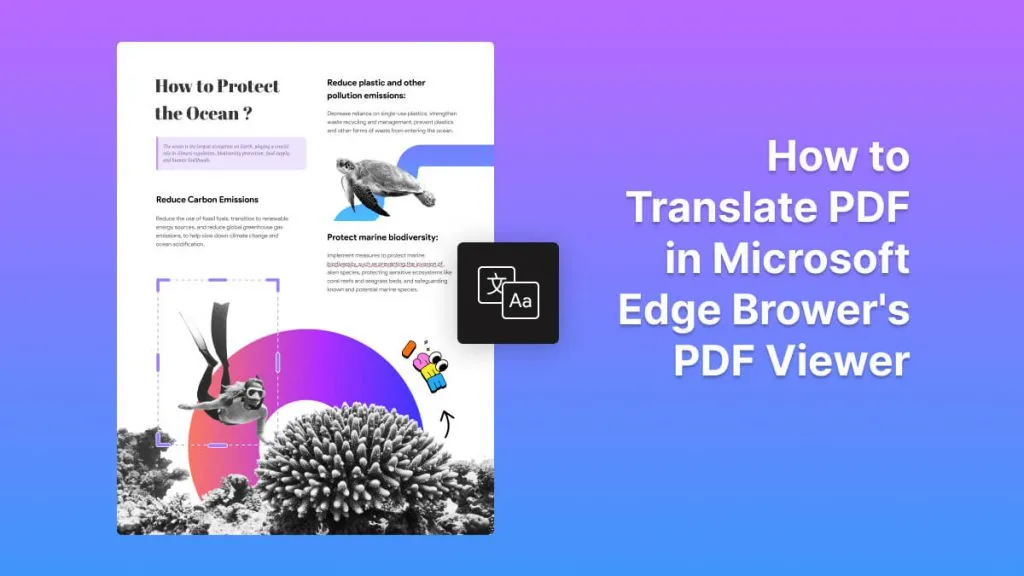
 Lizzy Lozano
Lizzy Lozano 